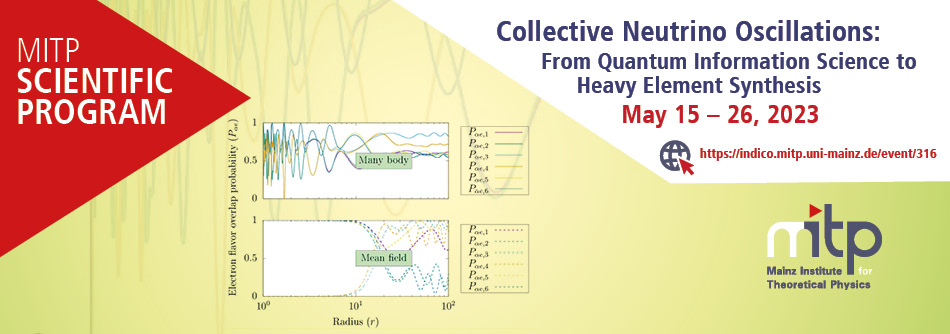Neutrinos in astrophysical environments such as core-collapse supernovae and neutron-star mergers constitute a complicated many-body system with one- and two-body interactions. Understanding the collective oscillations these neutrinos undergo is crucial not only to elucidate the dynamics of supernovae and merging neutron stars, but also heavy-element nucleosynthesis. Such flavor evolution studies are also important for future observations of core-collapse supernova neutrinos, of the diffuse supernova neutrino background and kilonovae. In recent years tremendous progress was made in this direction, ranging from fast flavor oscillations and emerging behavior in the neutrino spectra such as spectral splits to the novel many-body effects beyond the mean-field description. More recently using tools of quantum information science, such as the entanglement entropy, helped identify many-body nature of this problem at a deeper level. Additionally, very early attempts to address some of the inherent computational difficulties using quantum computation proved very promising. This program will bring together supernova modelers, neutrino physicists, computational physicists, and quantum information scientists.
Choose timezone
Your profile timezone:

